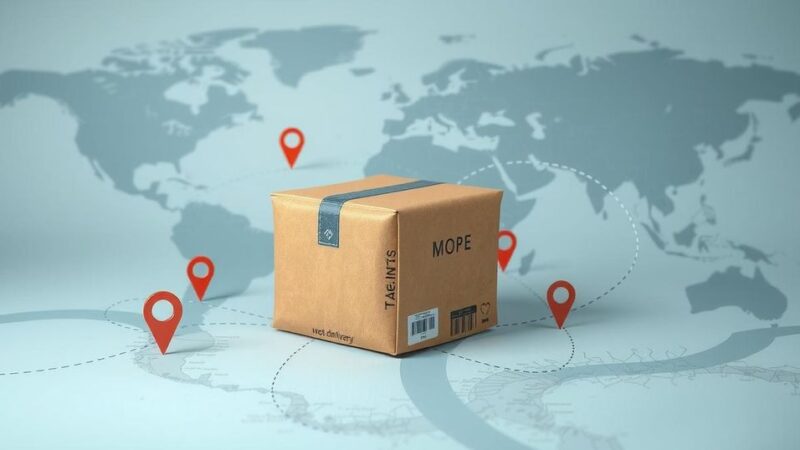India’s National Critical Minerals Mission aims to bolster mineral resource acquisition internationally, notably in Africa. A recent CSEP paper outlines strategic partnerships for Indian companies, emphasizing the alignment of Indian and African interests and proposing actionable steps to enhance critical mineral supply chains. Immediate and long-term strategies, including task forces and private sector mobilization, are recommended to achieve these goals.
India’s National Critical Minerals Mission, introduced in January 2025, emphasizes the necessity of securing critical mineral resources internationally and fostering trade with countries abundant in these minerals. It proposes the establishment of Critical Mineral Partnership Agreements yet lacks explicit guidelines for action in target regions.
The Centre for Social and Economic Progress (CSEP) has released a paper titled “India, Africa and Critical Minerals: Towards a Green Energy Partnership,” authored by Dr. Veda Vaidyanathan. This document offers strategic recommendations on how India can effectively engage with mineral-rich nations in Africa, outlining the rationale, potential locations, and methods for building these crucial partnerships.
The methodology of the paper is distinct, incorporating extensive interviews and consultations with policymakers, industry experts, civil representatives, and researchers. In a dynamic geopolitical environment surrounding critical minerals, the paper delineates African priorities, Indian interests, and the synergies between them, which are encapsulated in nine policy pathways.
Vaidyanathan elucidated that in a future influenced by green energy transition geopolitics, aligning Indian and African priorities would not solely be generous; it would also be pivotal for India to bolster its critical mineral supply chains.
To address immediate concerns, the Indian government is advised to form a task force that includes members from the existing Inter-Ministerial Group on Critical Minerals, along with industry experts and scholars. This group would draft a comprehensive white paper detailing the stages at which Indian companies of varying sizes can engage with the mining sector in different African regions and strategies for mitigating competitive risks.
The establishment of robust research networks between India and Africa can unveil opportunities while identifying critical gaps. Moreover, India should leverage established knowledge networks among partner countries, such as in Tanzania and Ghana, to facilitate collaborative research environments.
In the long run, mobilization of the private sector is essential for investment in the Southern African Development Community (SADC) region. This includes efforts to acquire new exploration licenses, enter joint ventures, or construct refiner facilities. The initiation of a “Critical Minerals Compact” aimed at SADC countries may be proposed during the upcoming India-Africa Forum Summit.
New Delhi’s position as a prominent voice of the Global South allows it to forge innovative international collaborations centered on responsible sourcing of critical minerals, according to the paper’s insights.
The National Critical Minerals Mission highlights India’s strategy to secure critical mineral supplies through partnerships, particularly in Africa. The recommendations from the CSEP paper underline the necessity of aligning Indian interests with African priorities to establish successful collaborations. Proactive measures, such as forming task forces and fostering research networks, are essential for long-term success in this endeavor.
Original Source: m.economictimes.com






